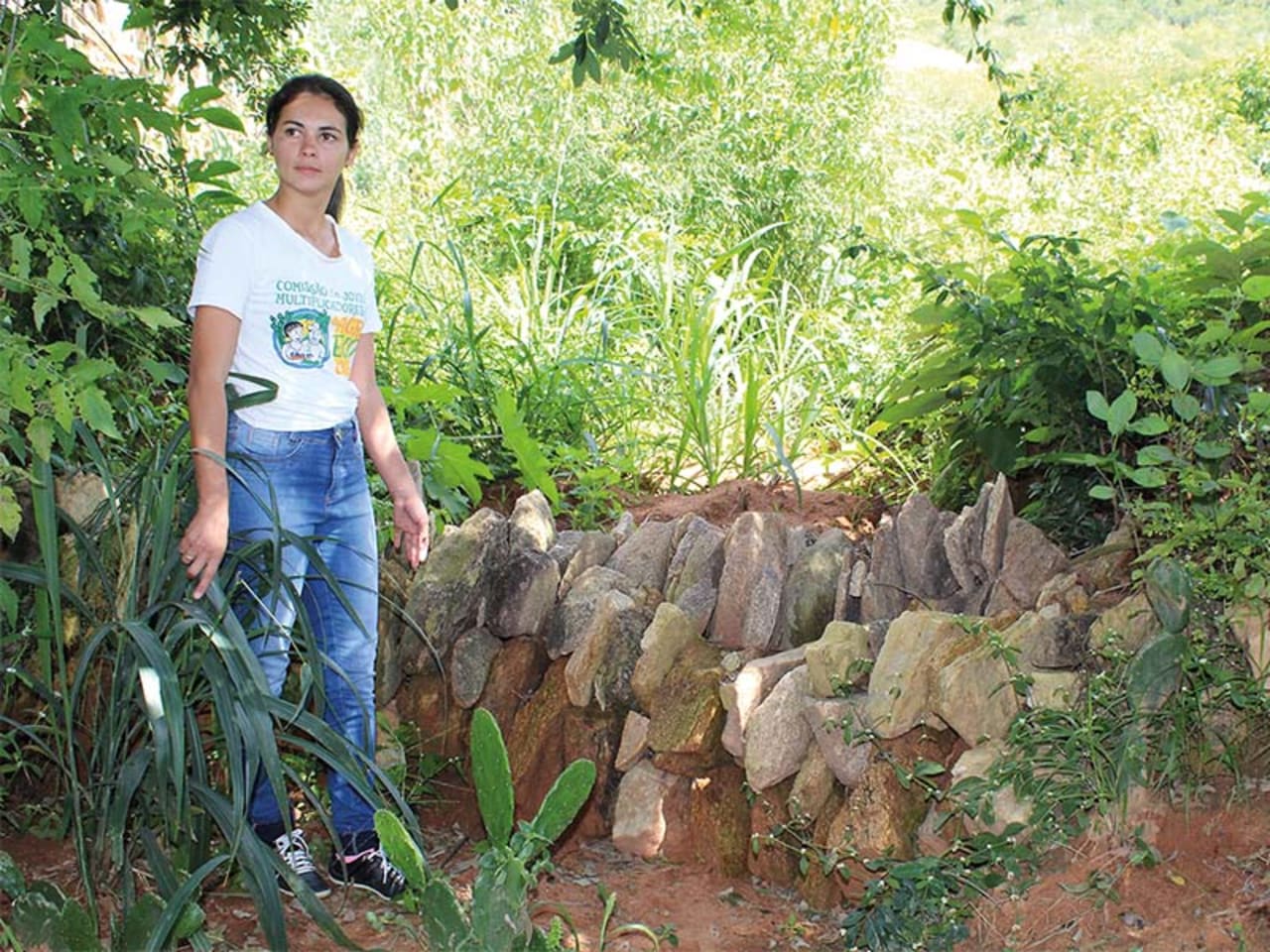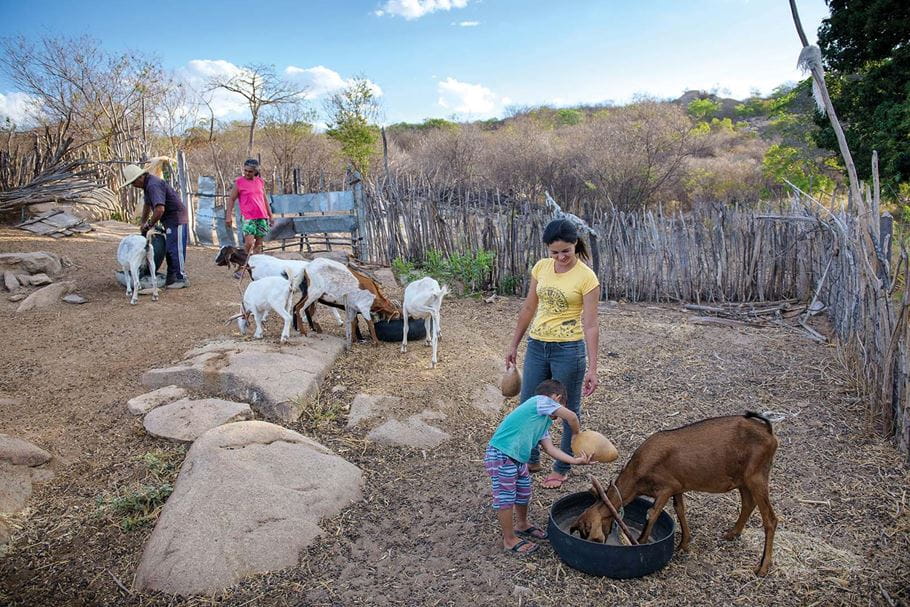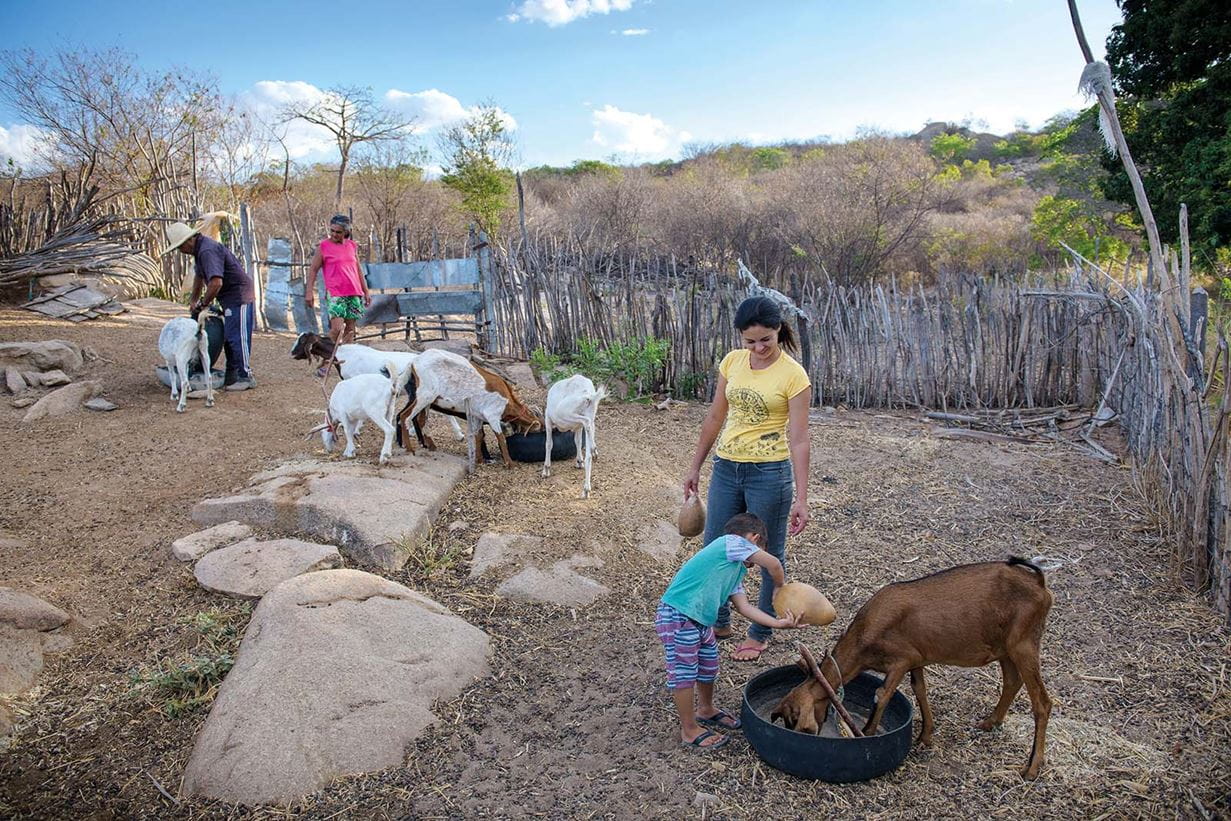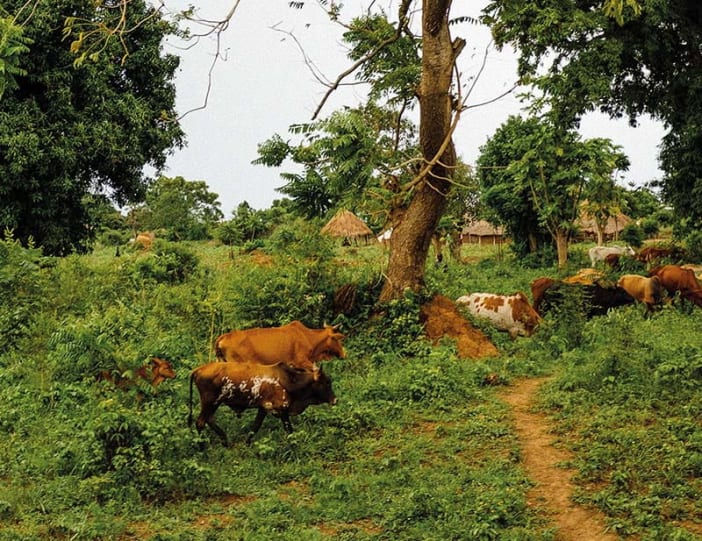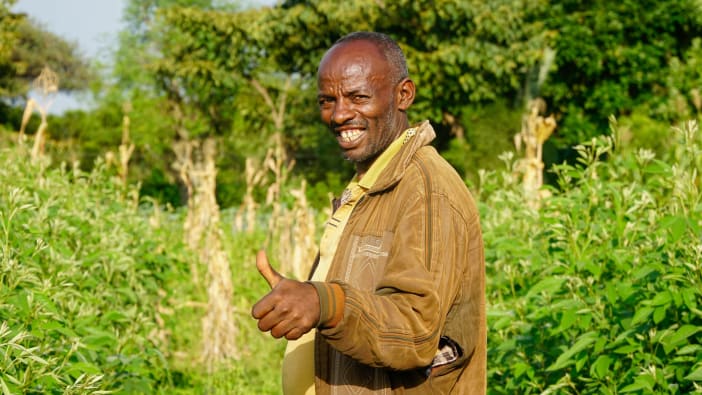Water and food are essential for life, but many people on our planet are thirsty and hungry. One of the reasons for this is the overuse of natural resources. In the semi-arid region of north-east Brazil, Diaconia is promoting farming that supports food production while restoring healthy ecosystems. This approach is called agroecology.
Agroecology promotes agricultural practice that:
- enhances ecosystem health and biodiversity
- uses local, renewable resources
- makes the most of farmers’ traditional knowledge and works with their priorities
- carefully incorporates new innovations and technologies to provide environmental, economic and social benefits.
The approach tries to ensure a fair wage for the producer and provide access to affordable, local produce for communities. Through advocacy and farmer representation, policymakers are urged to take into account the needs of farmers and the people who are benefiting from their products. This includes listening to producers and consumers, and including them in decision-making at all policy levels.
Agroecology promotes fair relationships between people, and between people and the environment in which they live. It focuses on the production of food by working with nature, not against it.
Creating an oasis
Maria José’s 27-hectare family farm is in an area of Brazil that experiences long dry seasons and short, intense rains. Water has always been scarce, but climate change is resulting in even longer periods of drought and more unpredictable rainfall. Widespread deforestation has made the situation worse, and the major river that flows through the area is beginning to dry up.
Despite these pressures, with Diaconia’s support Maria has been able to transform her farm into a green oasis. She makes the most of limited resources by enhancing natural biodiversity and ensuring that water and nutrients are recycled and not wasted. Having a variety of income sources – crops, animals and forest products – has helped her to stabilise her family’s income.


